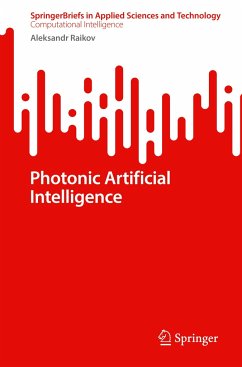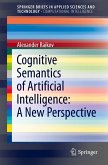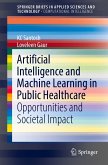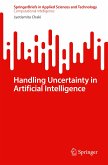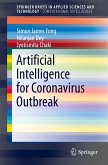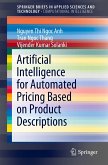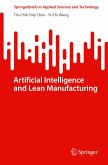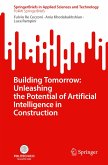This book addresses an attempt to create Photonic Artificial Intelligence (PAI) system based on optical technologies, which process signals continuously. PAI could help to overcome digital computer limits and almost zero out the machine learning time and AI inference. It helps to consider feelings, the chaos of thoughts, cognitive activity, and the transcendental states of the human mind in AI systems. The book also discusses new problems such as synthesizing new photonic materials, creating optical control systems, and connecting PAI systems with outside digital computers and holographic memory. The book is aimed at a wide range of readers, including postgraduates and researchers, interested in advanced AI by creating its new paradigm, which can help to overcome traps of traditional AI development.
Bitte wählen Sie Ihr Anliegen aus.
Rechnungen
Retourenschein anfordern
Bestellstatus
Storno

